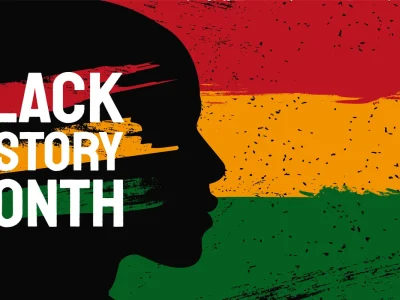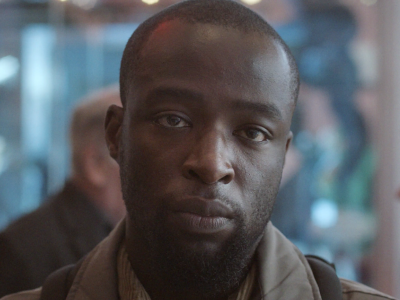Welcoming the Windrush Generation
Ivor Cummings and his Windrush legacy are significant in British history. Known as the “gay father of the Windrush generation,” he welcomed Caribbean immigrants to the UK after World War II. On Windrush Day, June 22, 1948, Cummings greeted hundreds of Black Caribbean individuals arriving to help rebuild a nation facing labor shortages. As a senior civil servant in the Colonial Office, he dedicated his life to supporting Black citizens from the Caribbean and Africa, at a time when homosexuality was illegal in the UK.
A Proud Advocate
Despite facing discrimination, Cummings proudly embraced his identity as a gay Black man. He reclaimed the term “queer” long before it gained wider acceptance. Renowned for his impeccable style and warm demeanor, he stood out for his charm and sharp humor. While he warned newcomers about challenges, he encouraged them to endure with strength and resolve.
Early Life and Challenges
Cummings was born in England to a Black father from Sierra Leone and a white mother. He faced numerous challenges from a young age. Poverty prevented him from pursuing a medical career, and discriminatory laws barred him from joining the military. These experiences fueled his commitment to advocating for marginalized communities.
Fighting for Justice
Before the Windrush arrivals, Cummings supported African and West Indian seamen during the war. He addressed injustices like the “colour bar,” which kept them out of air raid shelters. In the 1930s, he campaigned against police brutality, voicing his concerns through the press and influential contacts, including Edwina Mountbatten. His activism laid the groundwork for assisting the Windrush generation.
Continuing the Legacy
After his involvement with Windrush, Cummings continued to help immigrants find housing and jobs. He later received an OBE and held various public service roles, including training diplomats in Ghana. Cummings passed away in 1992 at the age of 44, leaving behind a legacy that remains underrepresented in the broader narrative of Windrush. His significant contributions as a queer Black man continue to inspire future generations.
Further Exploration
To learn more about the Windrush generation and its impact on British society, explore these resources on Windrush Day and the History of Caribbean Migration to the UK.

















